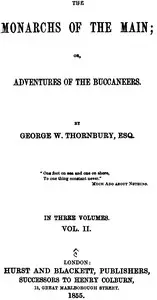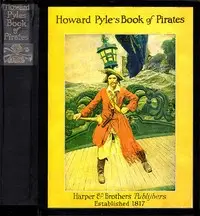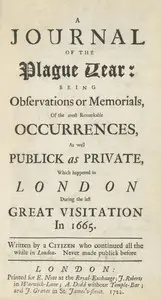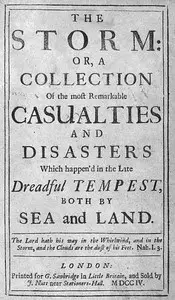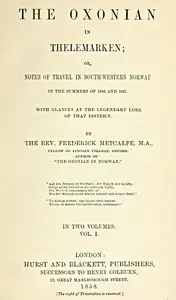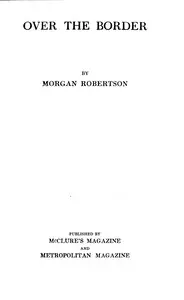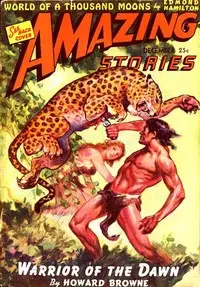"The King of Pirates" by Daniel Defoe is a thrilling historical adventure that chronicles the life of the infamous Captain Avery as he attempts to correct the wildly exaggerated stories about his life as a pirate. Avery, tired of the ridiculous tales that portray him as marrying royalty and amassing unimaginable wealth, decides to share his own version of events, starting from his humble beginnings as a logwood cutter to his transformation into a daring pirate. His adventures take him across treacherous seas and to the shores of Madagascar, detailing encounters with fellow pirates and his relentless pursuit of fortune and glory amidst the dangerous world of piracy. The book promises a more authentic and exciting account of Avery's life, revealing the true nature of his exploits and the ambition that drove him.
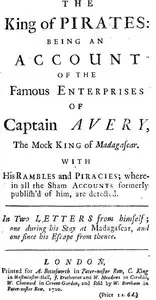
The King of Pirates Being an Account of the Famous Enterprises of Captain Avery, the Mock King of Madagascar
By Daniel Defoe
Embark on a swashbuckling journey with a notorious pirate as he sets the record straight, revealing the truth behind his daring adventures and challenging the myths that surround his legendary life.
Summary
About the AuthorDaniel Defoe was an English novelist, journalist, merchant, pamphleteer and spy. He is most famous for his novel Robinson Crusoe, published in 1719, which is claimed to be second only to the Bible in its number of translations. He has been seen as one of the earliest proponents of the English novel, and helped to popularise the form in Britain with others such as Aphra Behn and Samuel Richardson. Defoe wrote many political tracts, was often in trouble with the authorities, and spent a period in prison. Intellectuals and political leaders paid attention to his fresh ideas and sometimes consulted him.
Daniel Defoe was an English novelist, journalist, merchant, pamphleteer and spy. He is most famous for his novel Robinson Crusoe, published in 1719, which is claimed to be second only to the Bible in its number of translations. He has been seen as one of the earliest proponents of the English novel, and helped to popularise the form in Britain with others such as Aphra Behn and Samuel Richardson. Defoe wrote many political tracts, was often in trouble with the authorities, and spent a period in prison. Intellectuals and political leaders paid attention to his fresh ideas and sometimes consulted him.


